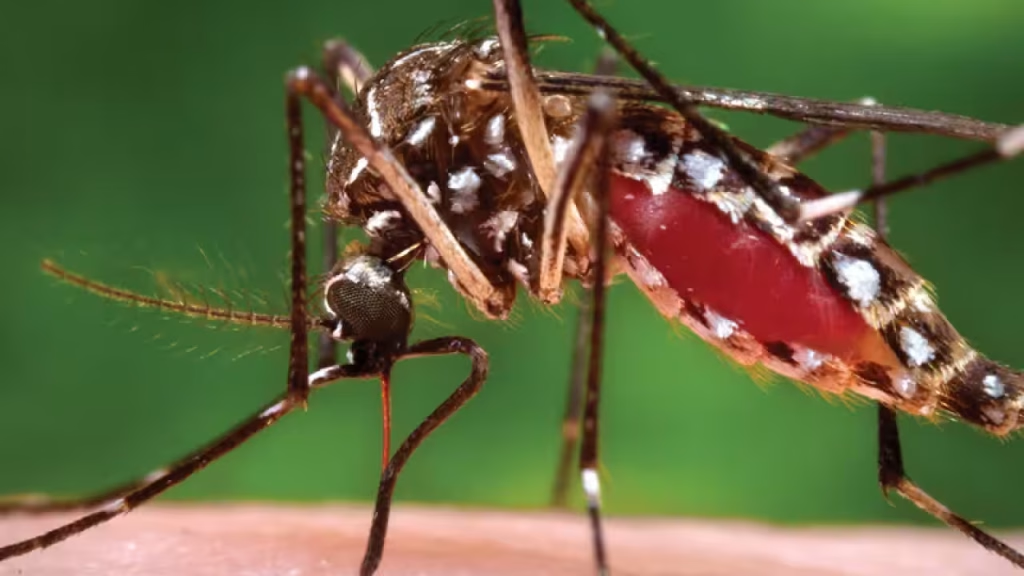Australian scientists have developed a novel pest control strategy involving genetically modified mosquitoes with semen that kills females after mating. This “toxic male technique” could significantly reduce the spread of diseases like malaria and dengue fever, which are transmitted by female mosquitoes.
Sam Beach, a researcher from Macquarie University, explained that the method could act as swiftly as chemical pesticides but without harming other beneficial species. He hailed it as a promising innovation for improving public health and promoting sustainability.

The first trials of this approach were conducted on fruit flies, where females mated with toxic males showed a drastically reduced lifespan. Encouraged by these results, researcher Maciej Maselko stated the next step would be to apply the method to mosquitoes while conducting thorough safety tests to ensure no harm to humans or other non-target organisms.
Previous efforts to control mosquito populations have often involved releasing genetically sterile males to slow reproduction. However, the research team’s computer models indicate that targeting female mosquitoes directly could yield even greater success.
The findings, which could revolutionise the fight against mosquito-borne diseases, were published in the peer-reviewed journal Nature Communications.


